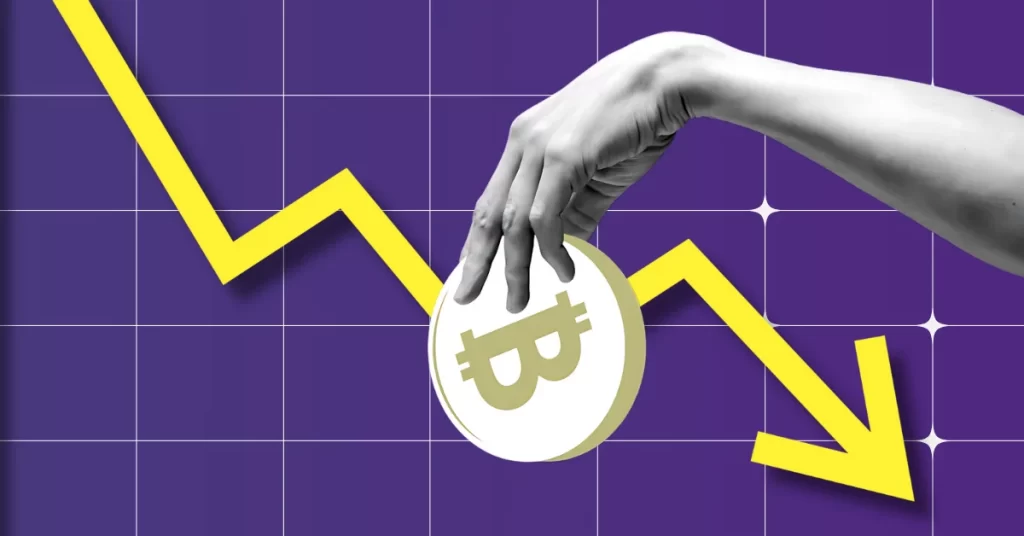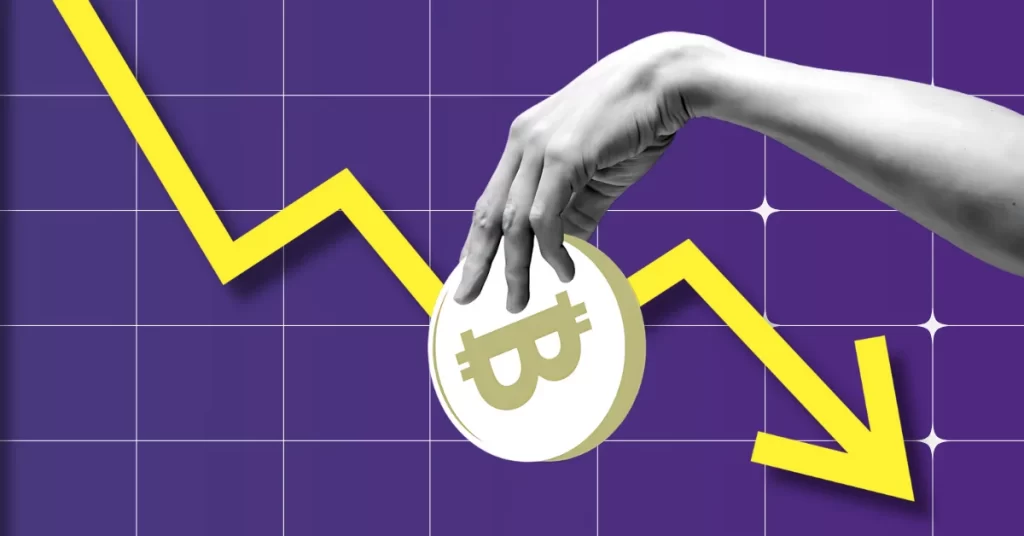Here’s How Kamala Harris Can Cause Crypto Market Crash


The post Here’s How Kamala Harris Can Cause Crypto Market Crash appeared first on Coinpedia Fintech News
As the United States electorate is nearing a crucial presidential election, what is bothering Democrats is their inability to craft a sensible policy on one of the sensitive topics emerging in the US election campaign: the revamping of the country’s cryptocurrency policy. A crypto roundtable, scheduled to take place this month, is considered by many as the final attempt of Democrats to win the confidence of the crypto community.
At the time when Democrats are trying anything and everything to conquer the minds of crypto enthusiasts, Meanwhile CEO and co-founder Zac Townsend has indirectly questioned the sincerity behind the ruling administration’s efforts to understand the concerns of the cryptocurrency industry, expressing openly his disagreement towards the proposed 25% unrealised capital gains tax policy endorsed by Kamala Harris. Should the cryptocurrency community be worried about the policy?
Unrealized Gains Tax: What You Should Know
The Unrealised Capital Gains Tax policy proposes a 25% tax rate on the appreciated value of unsold assets, including cryptocurrencies. The policy primarily targets the assets of US citizens whose net worth exceeds $100 million.
Currently, no tax is incurred on unrealised assets. Liberals are of the view that this loophole in the tax system is being misused by the wealthy to evade tax.
Certainly, with the policy, what Democrats aims to achieve politucally is to appease its liberal supporter base, which is the real backbone of the Democratic party.
Will Democrats’ Tax Policy Hurt Crypto?
What Townsend has projected is the other side of the same story. The core of his argument against the proposed tax policy is that the new law will prompt investors, especially long-term investors, to leave the crypto market, and thus will lead to a massive sell-off.
Cryptocurrencies are generally seen by large investors as an option for long-term investment. Considering recent investment history, the crypto sector has outperformed traditional sectors.
The proposed tax law could make the cryptocurrency industry less appealing for large investments with long-term horizons.
In conclusion, it is not wise for Democrats to confront this election with a vague crypto policy. It is expected that the October crypto policy roundtable will help the party find direction for its crypto policy. On the other hand, Republicans, under Donald Trump, have already made a great advantage, as they have publicly promised to free the crypto sector from the clutches of unnecessary regulations. Statements by eminent figures, like Eric Balchunas, supporting the victory of Donald Trump, are clear indications of the current sentiment within the cryptocurrency community.



